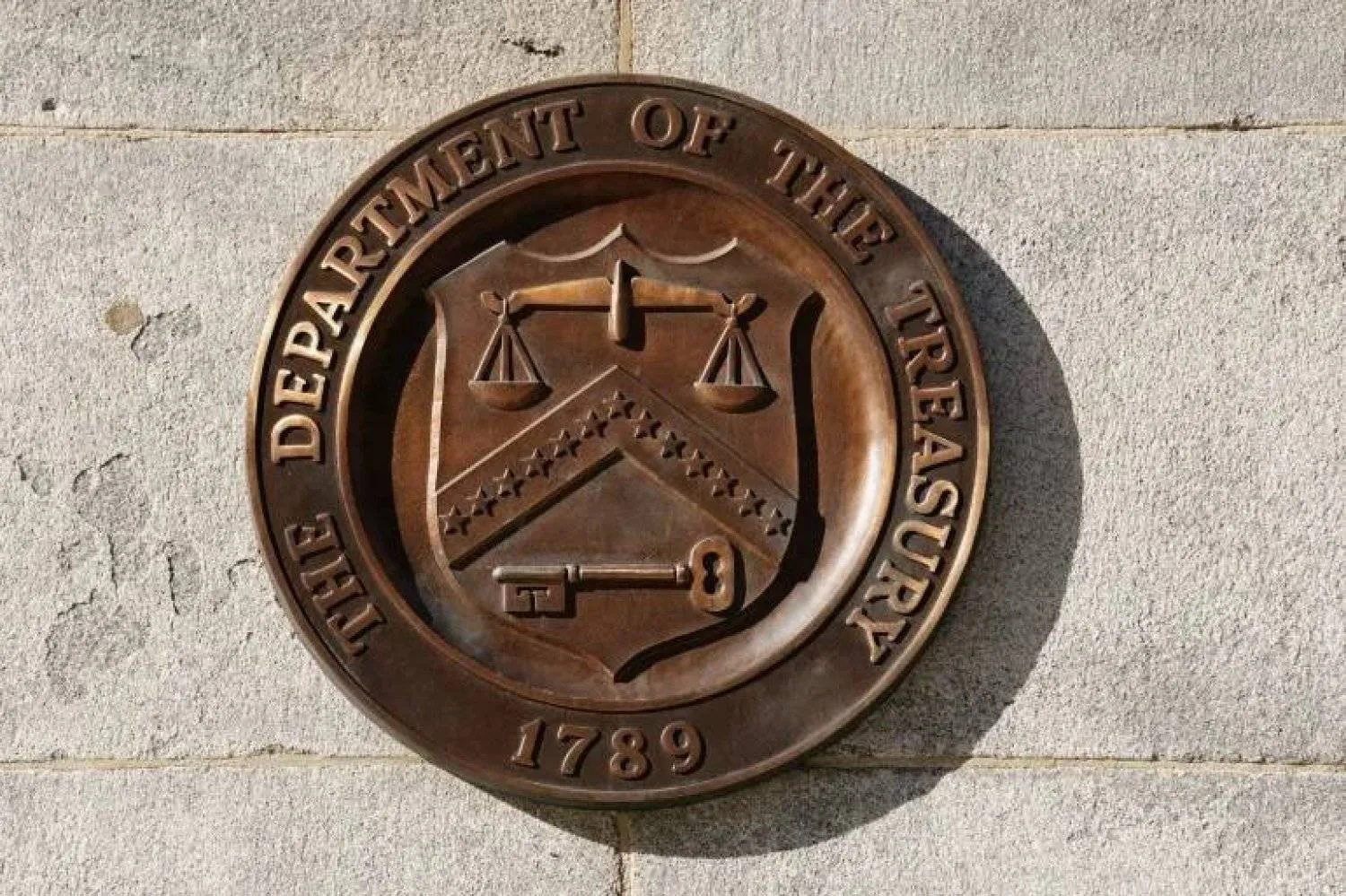The US Department of the Treasury's Office of Foreign Assets Control (OFAC) sanctioned three Sudanese entities on Wednesday for their role in undermining Sudan's peace, security, and stability.
The businesses sanctioned are Alkhaleej Bank, Al-Fakher Advanced Works, and Zadna International, for funding and providing equipment for the Sudanese Armed Forces (SAF) - led by Abdel Fattah al-Burhan – and the Rapid Support Forces (RSF)- led by General Mohamed Hamdan Dagalo.
"The conflict in Sudan continues, in part, due to key individuals and entities that help fund the continuation of the violence," said Under Secretary of the Treasury for Terrorism and Financial Intelligence Brian Nelson.
“Treasury, in coordination with our allies and partners, will continue to target these networks and disrupt these important funding sources,” added Nelson.
“The United States will continue to stand with the Sudanese people,” he stressed.
These designations signal the continued commitment of the US to identify and isolate funding sources for both the SAF and RSF.
Alkhaleej Bank is "an essential part of the RSF's efforts to finance its operations" that received $50 million from the Sudanese Central Bank just before the war broke out, the Treasury Department said.
Meanwhile, Zadna International was described as a "top revenue-earner" for the Sudanese army. The US Treasury Department said it continued to provide funding and was used for money laundering.
“Zadna has been and continues to be one of the most important components of the SAF’s commercial empire...Zadna was moved under the control of the SAF’s Special Fund for the Social Security of the Armed Forces (SFSSAF) with the express purpose of shielding it from civilian oversight.”
Holding company Alfakher was used to manage the RSF's lucrative gold exports, its main source of financing to buy weapons.
“RSF leaders have generated millions of dollars through gold exports, which they have used to purchase weapons, including crew-served weapons and rocket-propelled grenades.”









